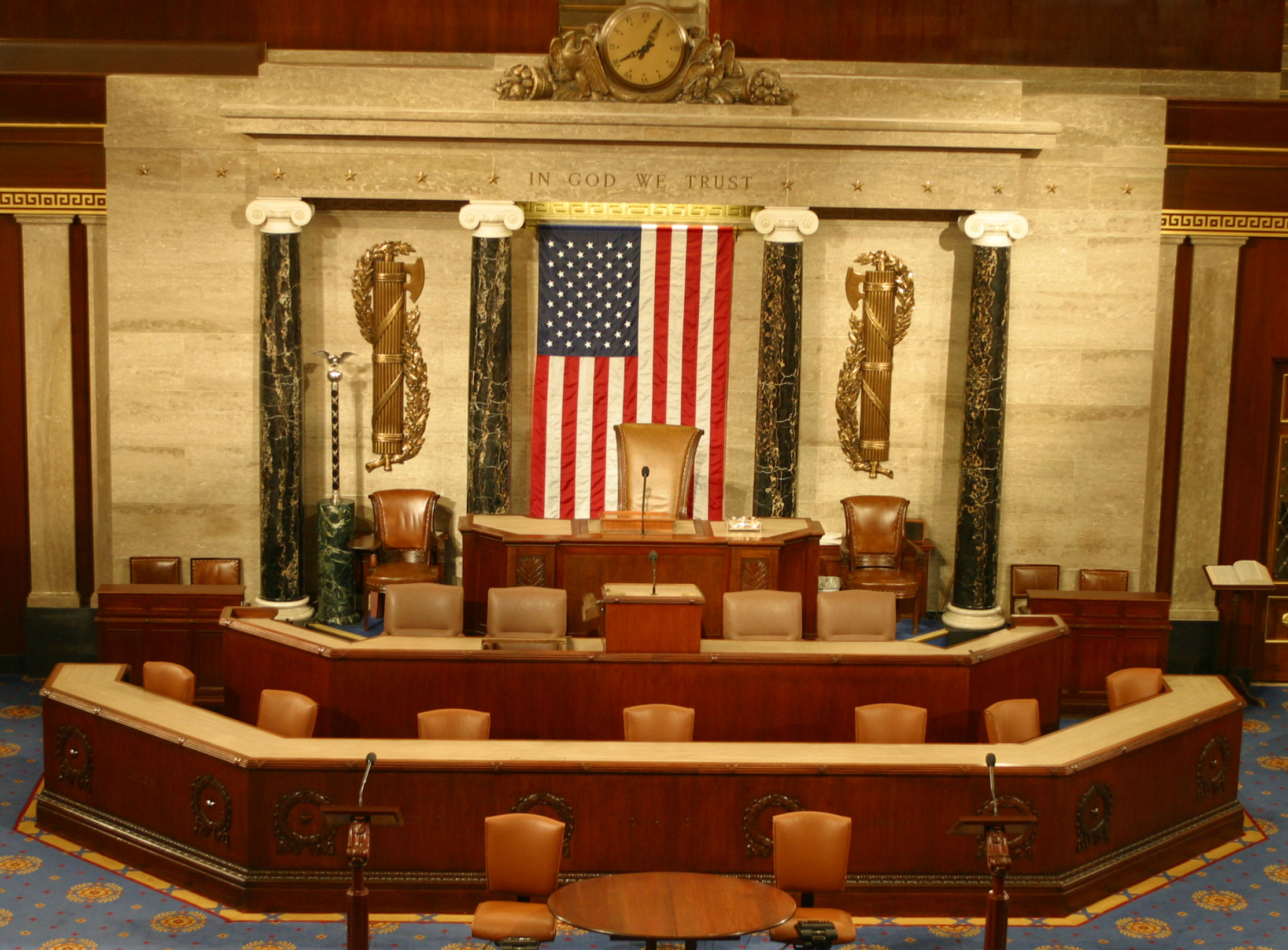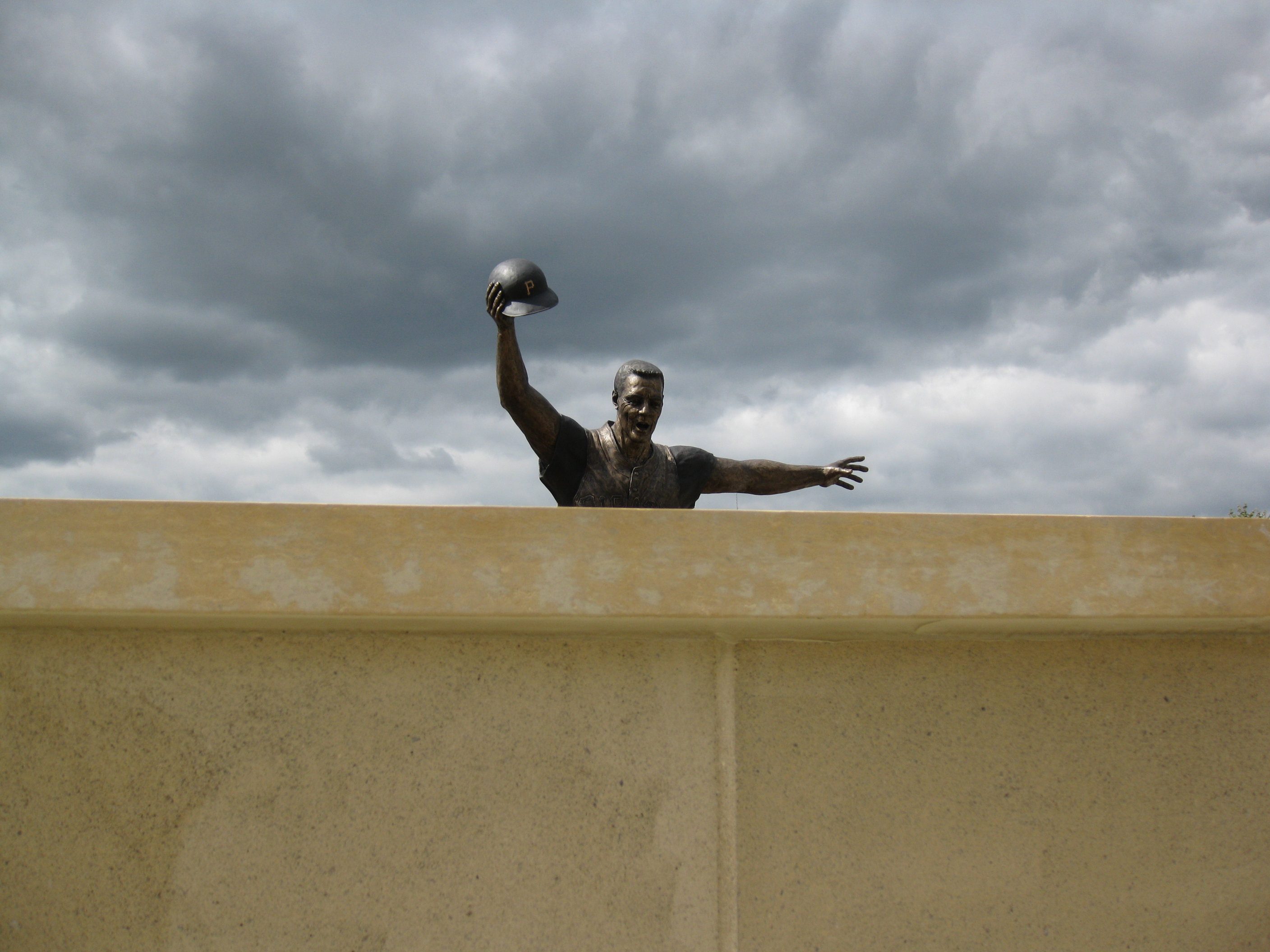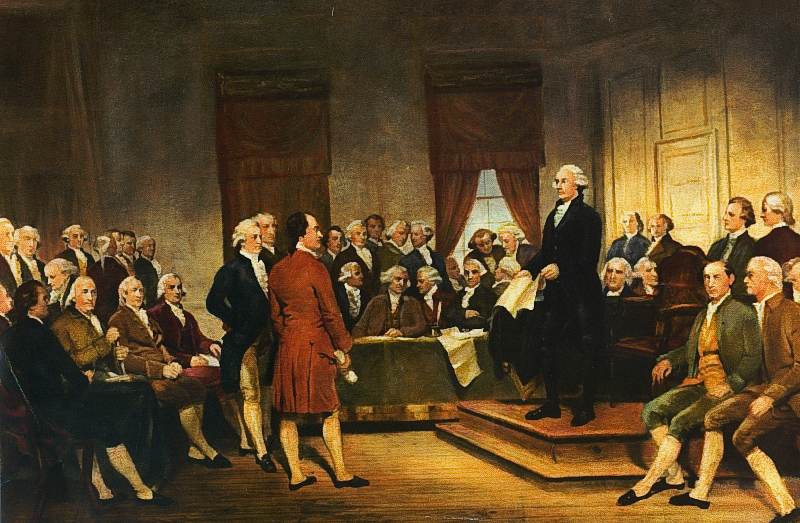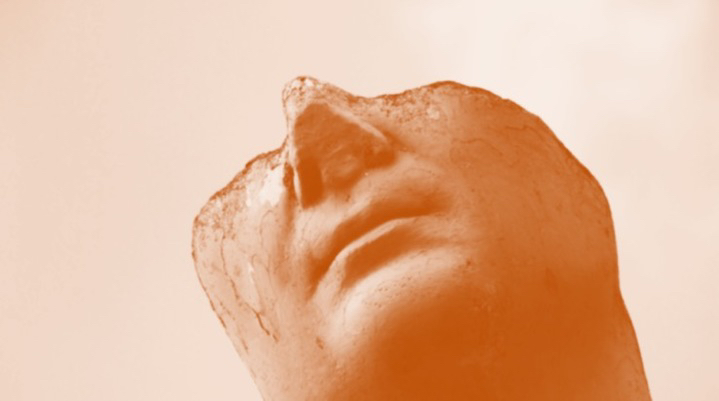The Nation Is Not a Sin
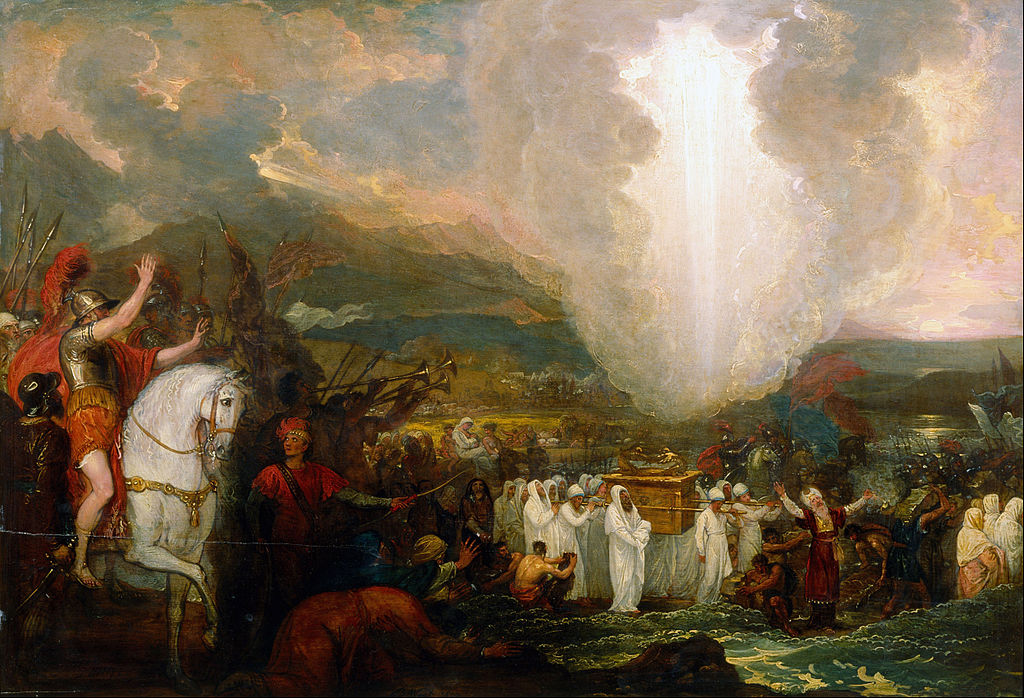
You know a bad-faith argument is around the corner when a writer warns that two situations aren’t analogous, then immediately goes on to draw a parallel between them. Witness the statement “Against the New Nationalism,” published recently by Commonweal.
“Our situation,” the signatories concede, “is surely different” from that of Germany in the 1930s. Yet they go on to suggest that their opponents in today’s debates over Christianity and nationalism are much like the Christian intellectuals who glommed onto National Socialism under the Third Reich.
Then as now, the signatories aver, the choice is between maintaining the “integrity of the Christian faith” and fusing Christianity “with nationalist and ethno-nationalist politics.” With this not-so-subtle attempt to collapse all nationalism into the ethno-supremacist variety, they depict a clear moral fork in the road. What sort of Christian could possibly choose the wrong path? The phobic and bigoted type, that’s who—sancta simplicitas!
Such is their argument in opposition to the First Things manifesto “Against the Dead Consensus” and this summer’s National Conservatism Conference. I wasn’t involved with the latter. But as one of the drafters of the First Things statement, I feel duty-bound to speak up—not to answer when-did-you-stop-beating-your-wife insinuations, but to clarify my own position and complicate some of the certainties that lie behind the Commonweal writers’ easy moralizing.
To start, it is worth recalling that the First Things statement contained only a single reference to nationalism, and it was this: “We embrace the new nationalism insofar as it stands against the utopian ideal of a borderless world that, in practice, leads to universal tyranny.” That’s far from a blanket endorsement of nationalism in all its forms. It is, rather, a statement of political reality.
The rise of liberal transnationalism, an empire of autonomy without limits, has come at the expense of the political community, where the common good used to be properly located, defined—and contested. Liberal transnationalism does well by large multinationals and the new elite classes that service them, but it leaves behind many others.
To add insult to injury, the liberal imperium removes the left-behinds’ concerns from the realm of the political as such. Laid-off workers, whether they reside in the French rust belt or the American inner city, are told to take up their complaints with the immutable and incontrovertible laws of the market and “globalization.” Nothing substantive can be contested; global supply chains, you see, are too large and tangled up.
Our Commonweal critics surely recognize the dehumanizing and unjust effects of a depoliticized politics of this kind. At this point, then, we might ask them to make their choice: Do they stand for the “integrity of the Christian faith” or the liberal imperium of the autonomous man? Do they imagine that the Christian political community is identical to this liberal imperium, whose subject, as Pierre Manent has said, “no longer acknowledges any limits ‘because he deserves it’”? When Christ charged his disciples to teach and baptize panta ta ethnē (all the nations), did He have in mind the political non-community in which the largest firms boycott individual U.S. states for legislating the moral law? Was our Lord thinking of the European Economic Area or the Chinese-dominated U.N. Human Rights Council?
“We reject nationalism’s tendency to homogenize and narrow the church to a single ethnos,” the Commonweal signatories declare. Amen. Yet that homogenizing tendency is nowhere more aggressive than in liberal transnationalism’s drive to impose on panta ta ethnē a single law—the smooth operation of the market and maximal autonomy for the unbound, unattached individual or corporate actor.
Do we not see the totalizing face of liberalism-without-limits when nearly 200 American CEOs take out an ad in The New York Times decrying abortion restrictions as “bad for business”? Or when French President Emmanuel Macron lectures African women that they would be better off producing fewer African children? Does that visage not appear all the more monstrous when we recall that Macron and the CEOs have the ear of the Gates Foundation, a leading bankroller of Contraception Inc.?
The point is this: Our Commonweal colleagues pretend as if the political choice today were between the Church, which they rightly view as universal and transcending all national boundaries, and various cramped and vicious forms of nationalism. But that isn’t, in fact, the main, or only, political battle line. As no less an authority than Pope Francis has taught, today’s liberal technocratic ideology has empowered an “elite that does not know what it means to live among the people” and lacks “any sense of belonging to a family, to a land, to our God.” An elite that has “no need of mother, of father, of a family, of a homeland, of belonging to a people.”
A patria. A people. These things matter. They comprise the pre-existing sacred communities, as Tocqueville reminds us, that give concrete shape to our individual rights and identities. They create the dēmos that makes democracy possible. In modernity, these ancient concepts come together in the nation-state. The nation-state is partially a prudential invention of modernity, yes, but a durable and valuable one. As Manent has warned, if Christians don’t propose a reasonable idea of the nation, the nation won’t disappear; we will only end up with an unreasonable idea of the nation.
Make no mistake: white supremacism is indeed “the work of the anti-Christ,” as the Commonweal signatories say. But our critics would do well to remember that the Arc of the Covenant was entrusted to a people, and when our Lord took flesh of a Jewish virgin of the Galilee, he didn’t thereby destroy their Jewishness. There is nothing Christian in obliterating human difference and particularity, including in its political expression—that is, the nation.
The American Mind presents a range of perspectives. Views are writers’ own and do not necessarily represent those of The Claremont Institute.
The American Mind is a publication of the Claremont Institute, a non-profit 501(c)(3) organization, dedicated to restoring the principles of the American Founding to their rightful, preeminent authority in our national life. Interested in supporting our work? Gifts to the Claremont Institute are tax-deductible.
Root, root, root for the electors. If they don't win it's a shame.
Part I: Unfettered reason cannot conserve anything.


